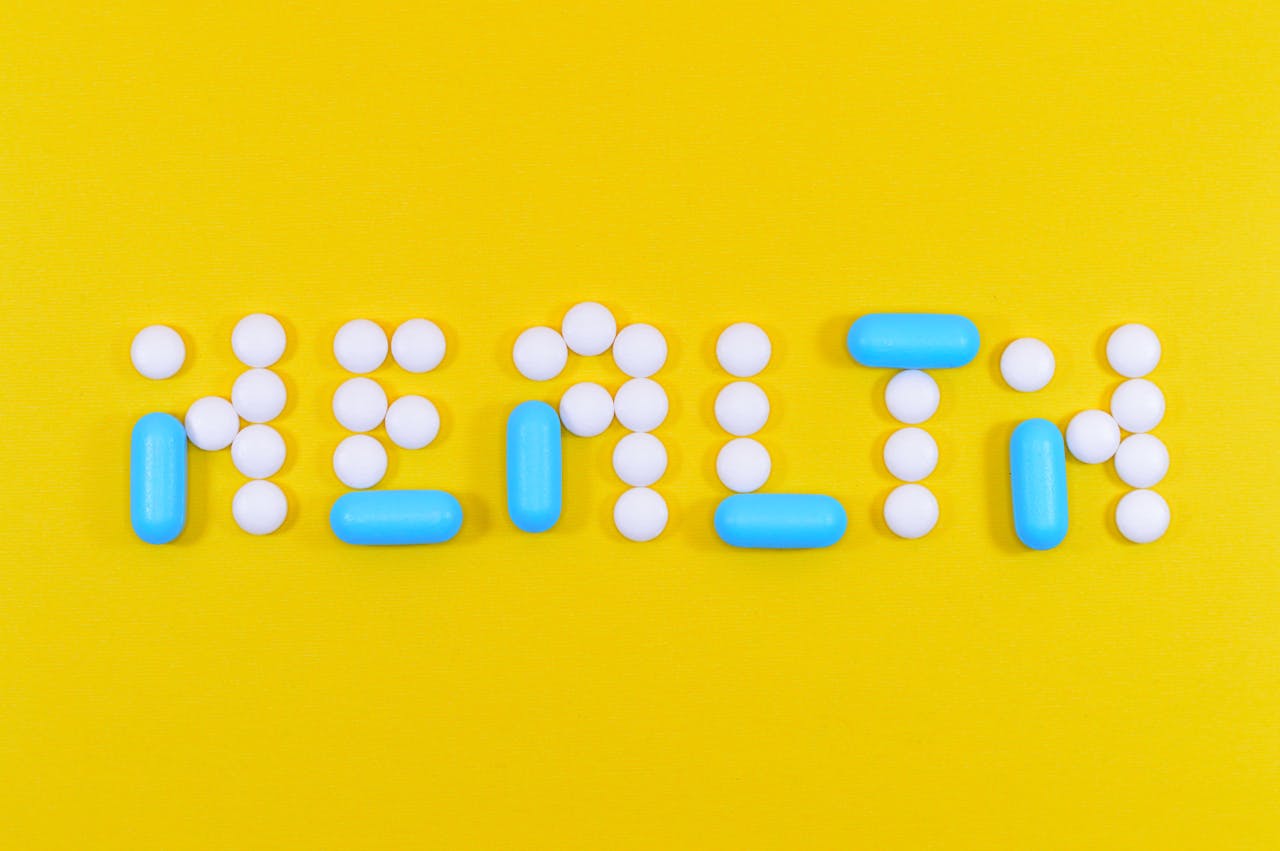Hydration is essential for maintaining overall health and well-being. Water is vital for various bodily functions, including temperature regulation, joint lubrication, nutrient transport, and waste removal. Understanding how much water you need can help ensure optimal physical and mental performance.
Why Hydration is Important
- Body Function and Health
- Temperature Regulation: Water helps maintain a stable body temperature through sweating and respiration.
- Joint Lubrication: Synovial fluid, which lubricates joints, is primarily composed of water.
- Nutrient Transport: Water facilitates the transport of nutrients and oxygen to cells.
- Waste Removal: Kidneys rely on water to filter waste from the blood and excrete it as urine.
- Physical Performance
- Dehydration can impair physical performance, leading to decreased endurance, increased fatigue, and reduced strength.
- Cognitive Function
- Adequate hydration is linked to improved concentration, alertness, and short-term memory.
- Digestive Health
- Water aids digestion by helping break down food and absorb nutrients. It also prevents constipation by softening stools.
How Much Water Do You Need?
The amount of water needed can vary based on several factors, including age, gender, activity level, and climate. Here are some general guidelines:
- General Recommendations
- Men: Approximately 3.7 liters (or about 13 cups) of total water intake per day.
- Women: Approximately 2.7 liters (or about 9 cups) of total water intake per day.
- Specific Needs
- Exercise: Additional water is needed to compensate for fluid loss through sweat. It is recommended to drink an extra 1.5 to 2.5 cups (400-600 ml) of water for short bouts of exercise. For intense or prolonged exercise, more may be necessary.
- Environment: Hot or humid weather increases water needs due to higher sweat rates. High altitudes can also lead to increased water loss through respiration.
- Health Conditions: Certain health conditions, such as fever, vomiting, diarrhea, and urinary tract infections, may require increased fluid intake.
- Pregnancy and Breastfeeding: Pregnant and breastfeeding women need additional fluids. It is recommended that pregnant women drink about 10 cups (2.3 liters) per day, while breastfeeding women should aim for about 13 cups (3.1 liters) per day.
Signs of Dehydration
Recognizing the signs of dehydration is crucial for maintaining proper hydration levels. Common symptoms include:
- Thirst
- Dry mouth
- Dark yellow urine
- Fatigue
- Dizziness
- Confusion
- Dry skin
Severe dehydration can lead to more serious complications, such as heat injury, kidney problems, and seizures. It is important to seek medical attention if severe dehydration is suspected.
Tips for Staying Hydrated
- Drink Regularly: Don’t wait until you are thirsty to drink water. Make it a habit to drink fluids regularly throughout the day.
- Carry a Water Bottle: Keeping a water bottle with you can serve as a reminder to drink more often.
- Eat Hydrating Foods: Fruits and vegetables, such as watermelon, cucumbers, and oranges, have high water content and contribute to overall hydration.
- Monitor Urine Color: Light yellow urine typically indicates adequate hydration, while dark yellow urine can be a sign of dehydration.
- Set Reminders: Use phone apps or alarms to remind yourself to drink water at regular intervals.
Conclusion
Proper hydration is crucial for maintaining overall health, physical performance, and cognitive function. While individual water needs can vary, following general guidelines and paying attention to your body’s signals can help ensure you stay adequately hydrated. Making a conscious effort to drink enough water and consume hydrating foods can significantly contribute to your well-being and quality of life.
4o

